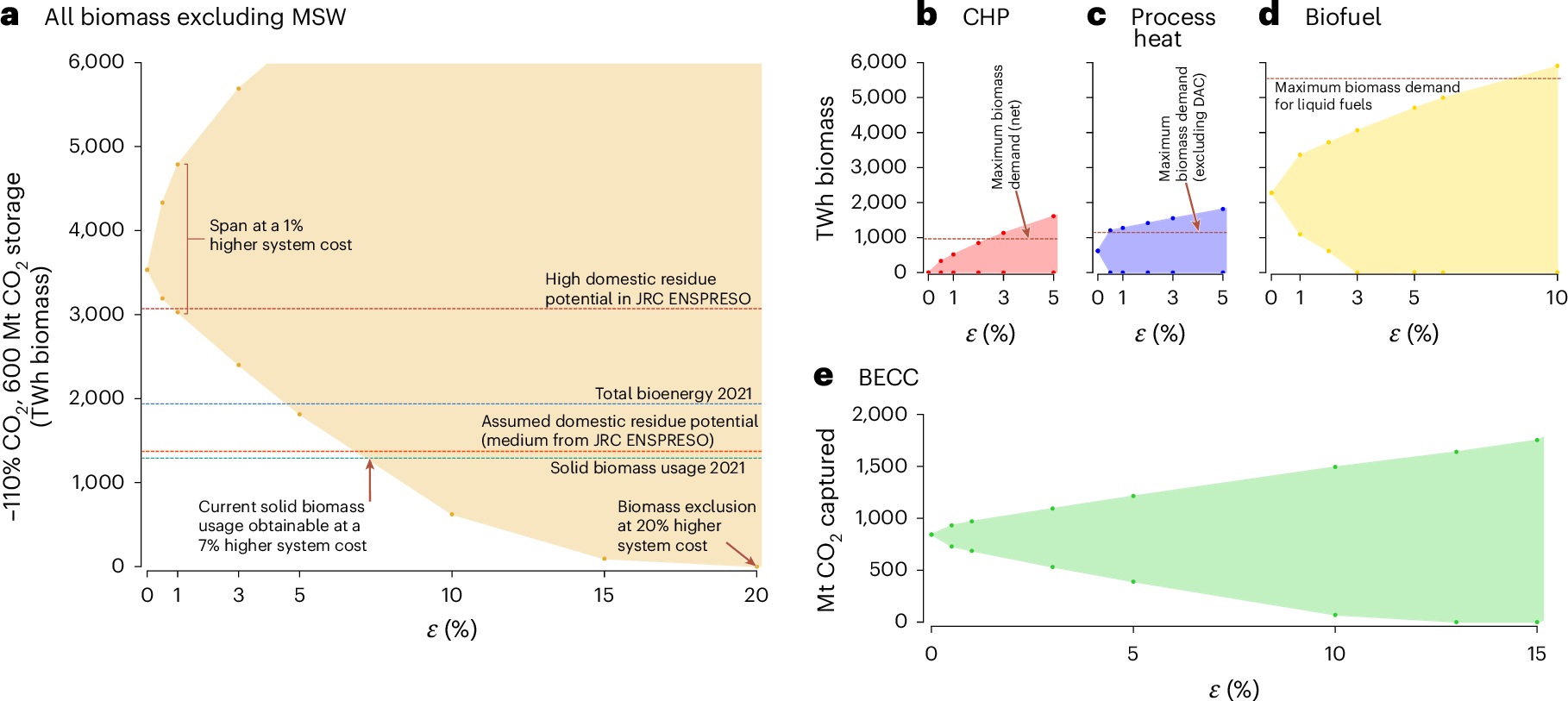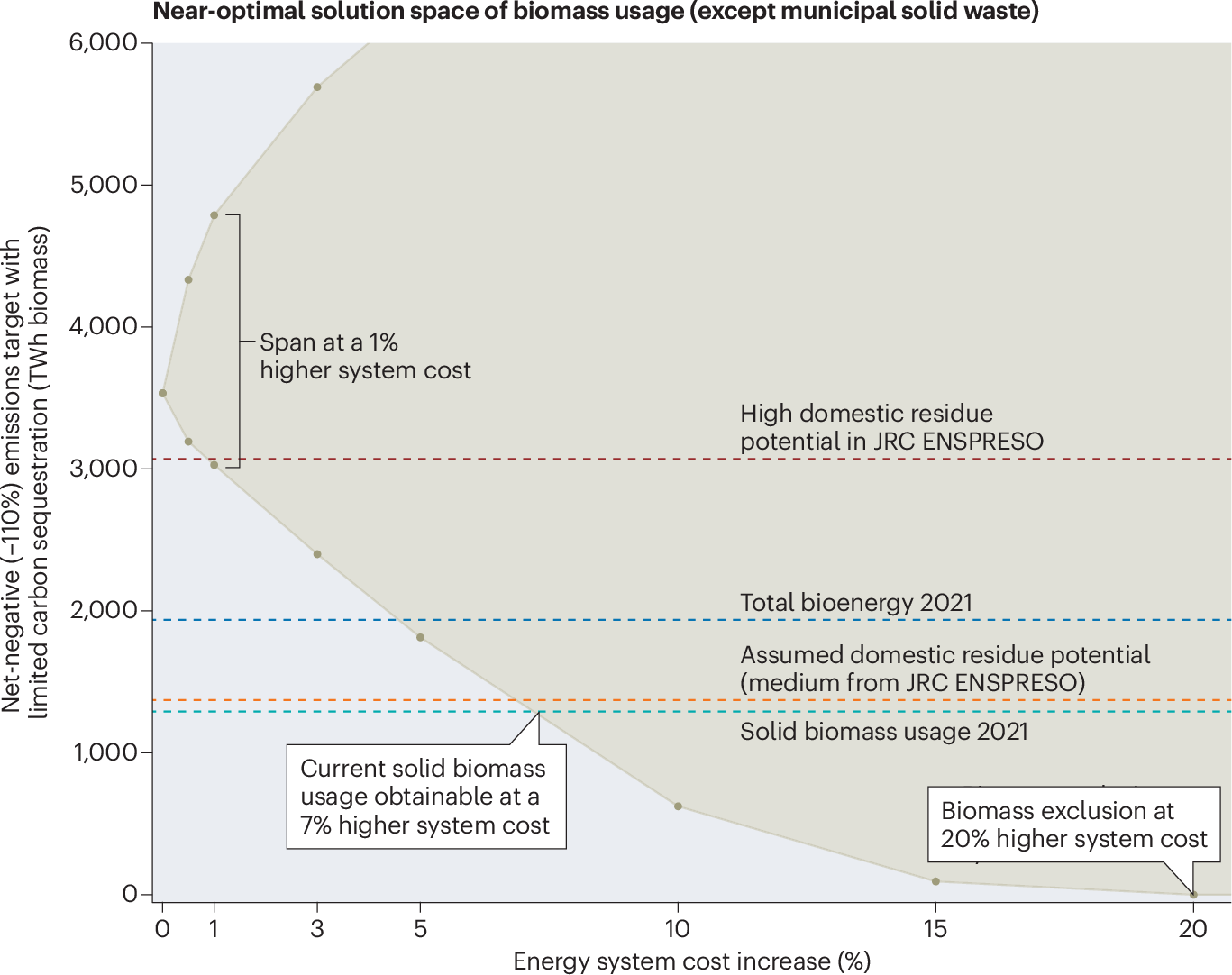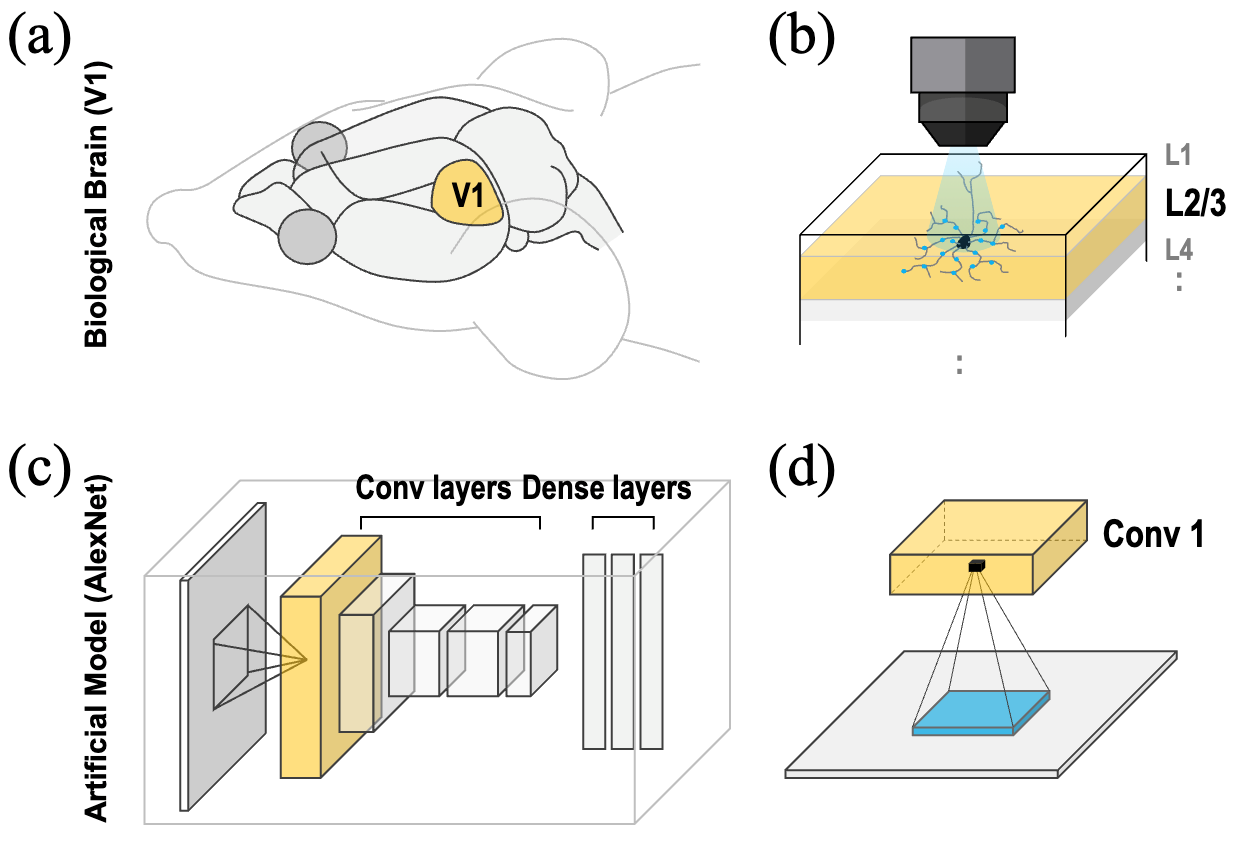2025-04-22 チャルマース工科大学
<関連情報>
- https://news.cision.com/chalmers/r/difficult-and-costly-energy-transition-unless-the-eu-invests-in-biomass,c4137843
- https://www.nature.com/articles/s41560-024-01693-6
- https://www.nature.com/articles/s41560-024-01685-6
欧州のエネルギーシステムにおける排出量目標達成のためのバイオマス利用経路の多様性 Diversity of biomass usage pathways to achieve emissions targets in the European energy system
M. Millinger,F. Hedenus,E. Zeyen,F. Neumann,L. Reichenberg & G. Berndes
Nature Energy Published:23 January 2025
DOI:https://doi.org/10.1038/s41560-024-01693-6

Abstract
Biomass is a versatile renewable energy source with applications across the energy system, but it is a limited resource and its usage needs prioritization. We use a sector-coupled European energy system model to explore near-optimal solutions for achieving emissions targets. We find that provision of biogenic carbon has higher value than bioenergy provision. Energy system costs increase by 20% if biomass is excluded at a net-negative (−110%) emissions target and by 14% at a net-zero target. Dispatchable bioelectricity covering ~1% of total electricity generation strengthens supply reliability. Otherwise, it is not crucial in which sector biomass is used, if combined with carbon capture to enable negative emissions and feedstock for e-fuel production. A shortage of renewable electricity or hydrogen supply primarily increases the value of using biomass for fuel production. Results are sensitive to upstream emissions of biomass, carbon sequestration capacity and costs of direct air capture.
欧州のエネルギーシステムにおいて、バイオマスの排除と炭素供給の利点を比較検討する必要がある Biomass exclusion must be weighed against benefits of carbon supply in European energy system
M. Millinger,F. Hedenus,E. Zeyen,F. Neumann,L. Reichenberg & G. Berndes
Nature Energy Published:23 January 2025
DOI:https://doi.org/10.1038/s41560-024-01685-6

Biomass associated with low upstream emissions offers cost-effective renewable carbon for negative emissions and production of chemicals, aviation and shipping fuels, reducing the need for more costly options like direct air capture. Policy support for sustainable biomass use alongside emerging technologies reduces energy system costs and the risk of missing emissions targets.



